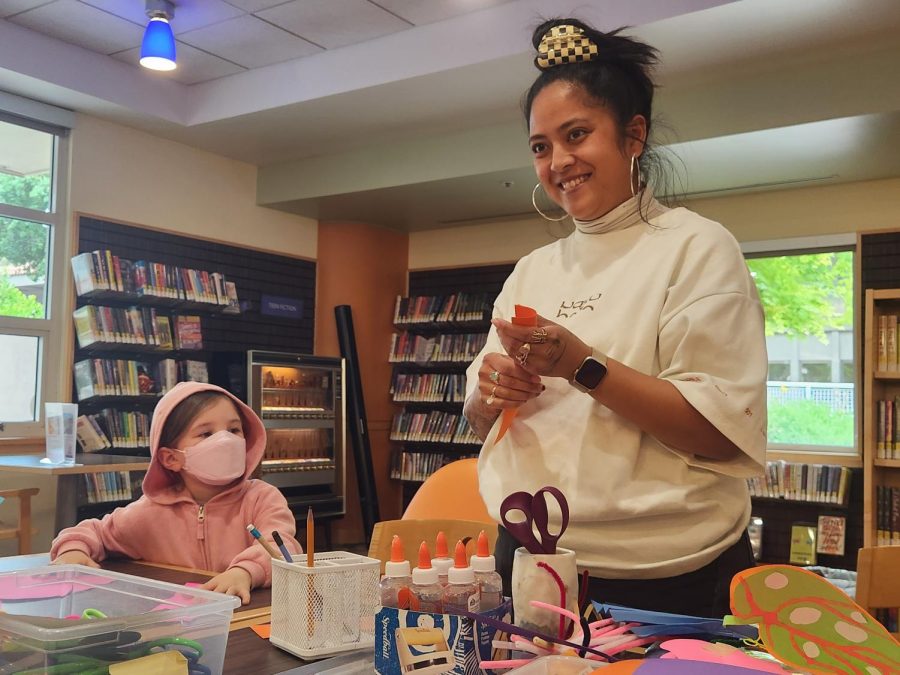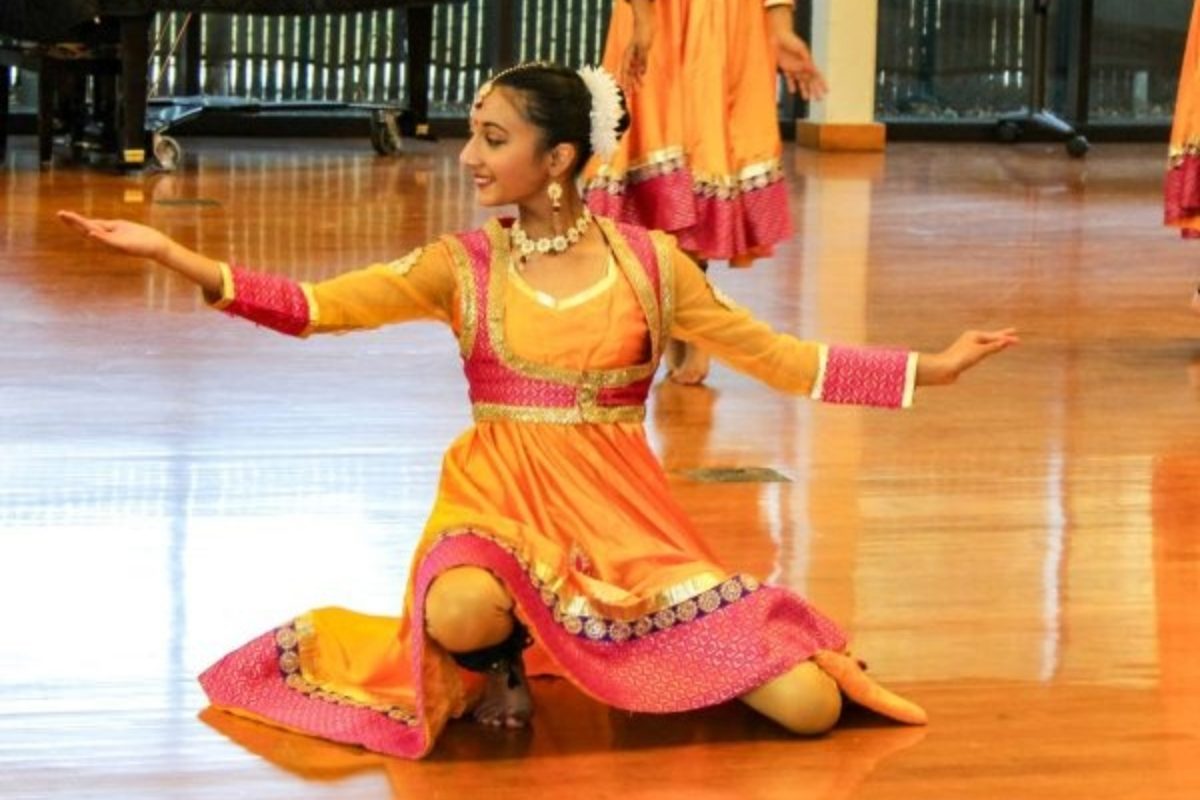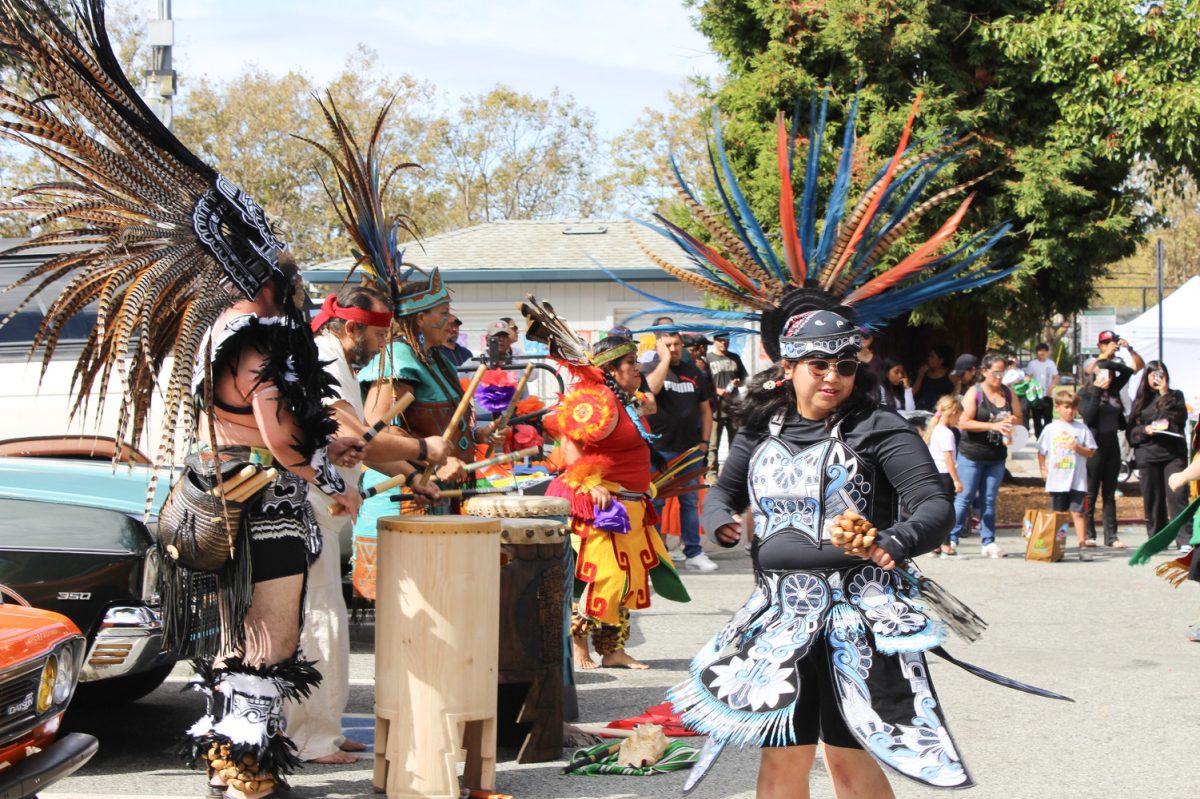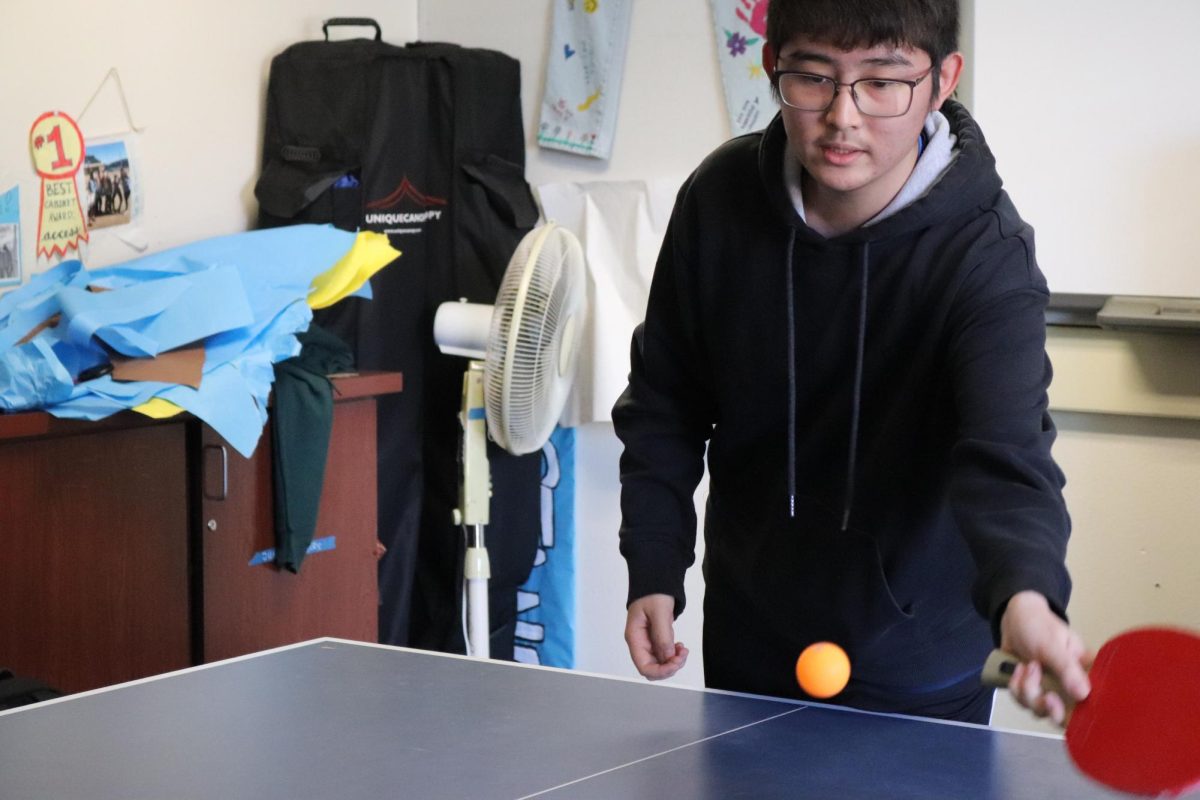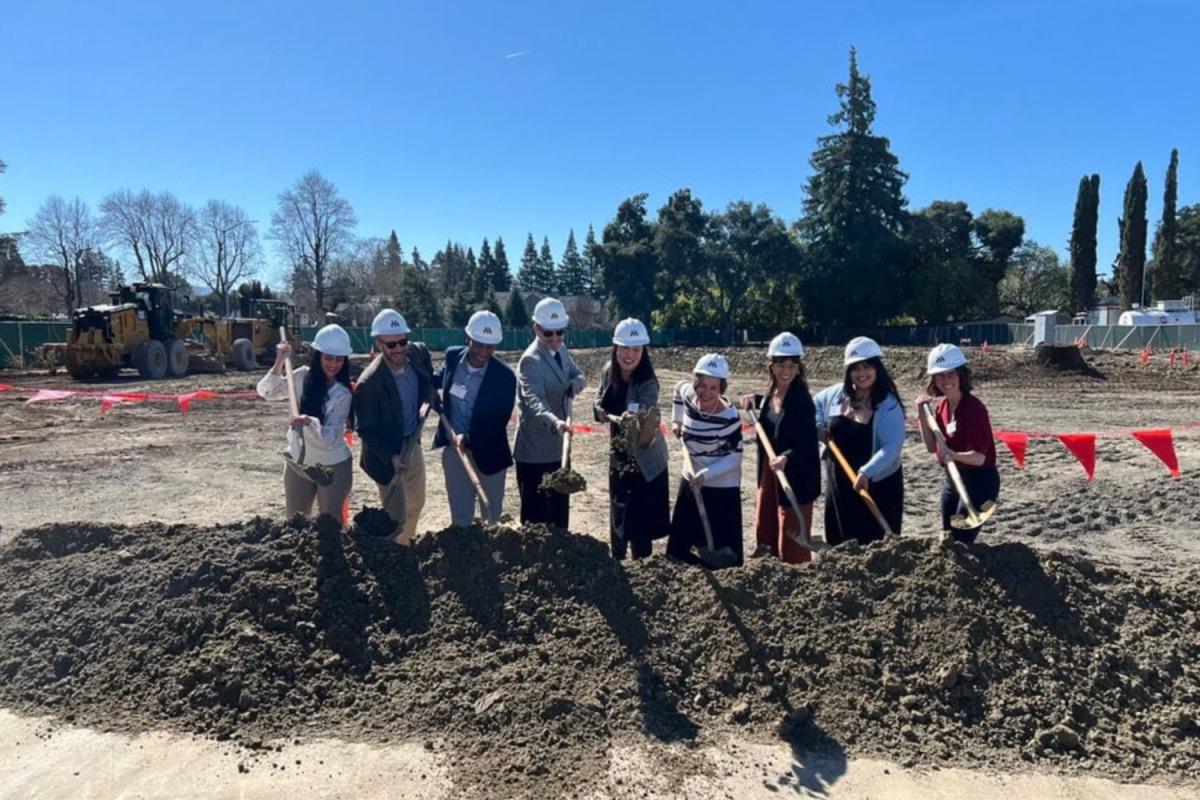Asian American and Pacific Islander (AAPI) Heritage Month occurs every May. The month is filled with plenty of opportunities to learn about the different cultures of Asia, the Pacific Islands, and Hawaii through community-led activities.
AAPI Heritage Month is intentionally celebrated in May to honor two critical dates in Asian American history. The first was May 7, 1843, when the first Japanese immigrants migrated to the U.S. The second date, May 10, 1869, marks the completion of the first transcontinental railroad in the U.S., which succeeded with the help of many Chinese workers.
About 27% of Bay Area residents identify as Asian American or Pacific Islander.
“There’s a lot of Asian representation here, more so than in other states, so I feel at home,” said sophomore Clara Bern.
Throughout May, events are held to honor the heritage of all AAPIs.
The San Mateo County Libraries (SMCL) have many programs and activities for locals to participate in that honor AAPI Heritage Month. Jess Koshi-Lum, the San Carlos library manager, is the activities’ programmer.
“We think it is important to have visibility for these different cultures,” said Koshi-Lum. “Our reading, music, and craft programs are especially popular.”
ChiChai (Francesca) Mateo is one of the guests who led an activity at the San Carlos Library. She taught attendees how to make native Filipino plants and flowers from construction paper.
Though May is officially AAPI Heritage Month, it is not the only time AAPIs express their culture.
“During Chinese New Year, my family and I make all the necessary preparations,” Bern said. “We also put up incense and open the doors on the anniversary of someone dead, whether it’s their birthday or death day, because it’s customary in Taiwanese culture.”
AAPIs heritage is far more than just celebrating holidays or traditions. For sophomore Lisa Kibireva, her heritage includes how she communicates with her family.
“I can speak to my Indian relatives and don’t even speak Hindi. By having their same traditions, I am able to connect with them,” Kibireva said.
Even as May comes to a close, AAPIs will continue to celebrate and embrace their culture.

